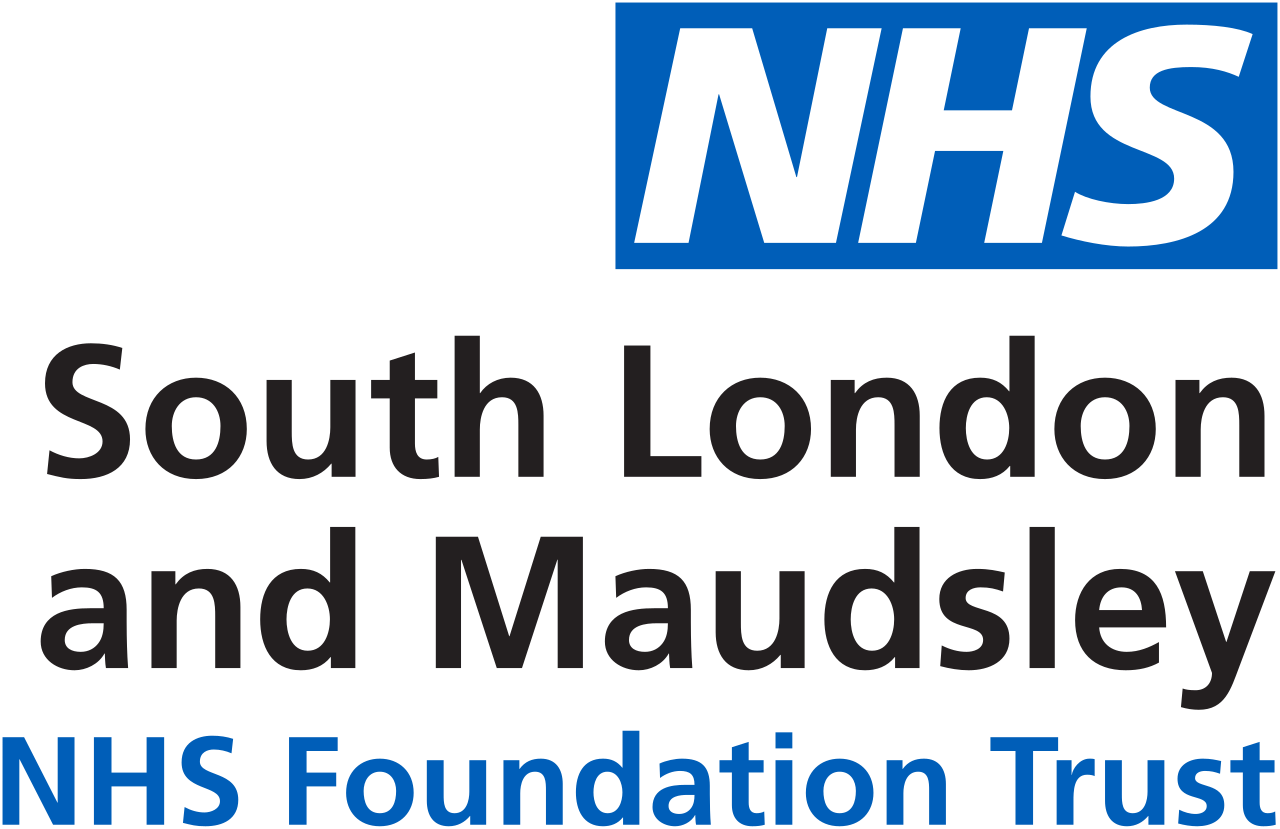Investigation of the Specificity of Neurocognitive Dysfunctions in Different Childhood Disorders with fMRI | C4C
One of the most frequent comorbidities in children and adults with Autism Spectrum Disorder (ASD) and/or Attention Deficit Hyperactivity Disorder (ADHD) is obsessive-compulsive disorder (OCD). OCD patients with comorbid ASD and/or ADHD are more difficult to treat. In addition to phenomenological and clinical overlap, these disorders share cognitive deficits in executive functions, in particular in attention and decision making, underpinned by brain dysfunctions in the mediating fronto-parietal and fronto-striato-limbic neural networks. The aim of this project is to test whether the underlying structural, neurofunctional network abnormalities that mediate these shared attention and decision making deficits are shared or different in the disorders. Establishing shared and disorder-specific structural, neurofunctional biomarkers for these clinically overlapping disorders is important as it may contribute to more objective tools to differentiate these disorders and may help with disorder-specific treatment development.

